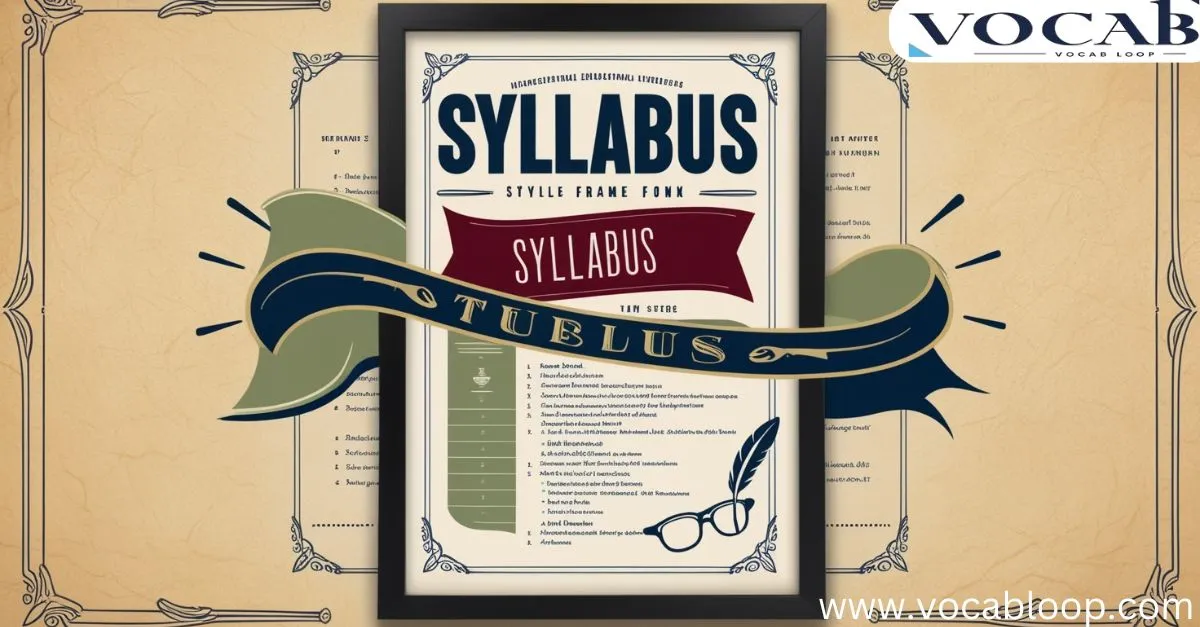When it comes to academic terminology, few words spark as much debate as the plural form of “syllabus.” Is it syllabuses or syllabi. This comprehensive guide dives into the heart of this linguistic puzzle that often confuses students, educators, and writers alike.
- While both forms are technically correct, understanding their origins, usage contexts, and acceptance in different English-speaking regions can help you make the right choice.
Whether you’re creating course materials, writing academic papers, or simply curious about proper usage, this guide will help you navigate the intricacies of these plural forms while exploring the broader context of course outlines and educational documentation.
What is Syllabus?
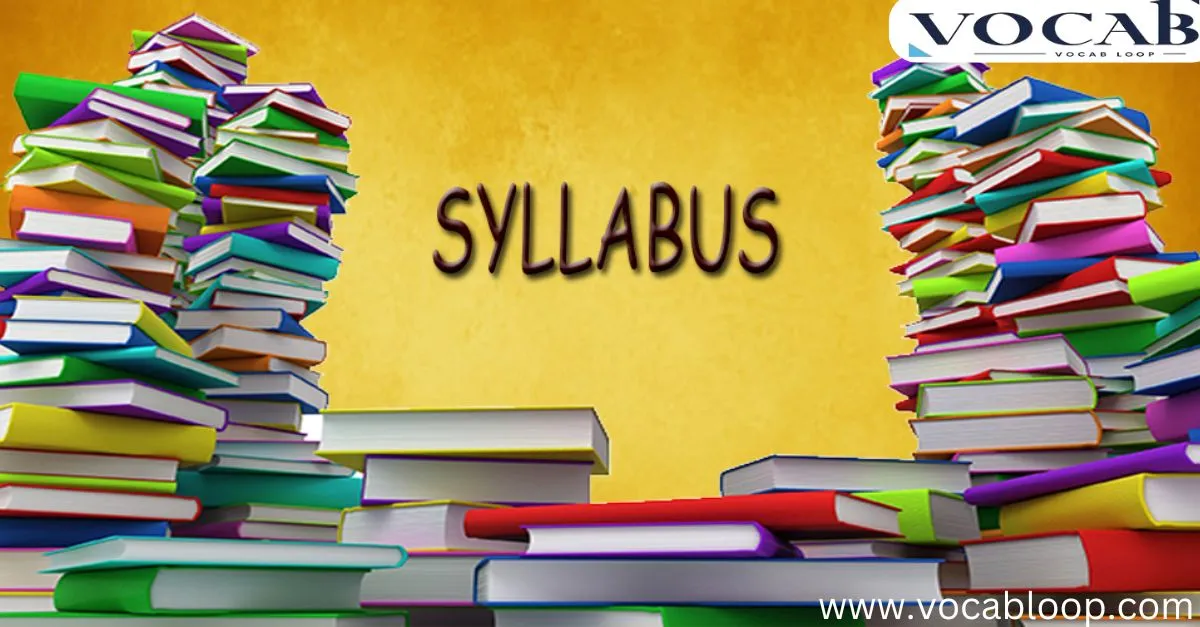
Definition:
A syllabus is a comprehensive document that outlines the key components of an academic course.
It serves as a formal agreement between instructors and students, detailing course expectations, objectives, and requirements. This essential course compendium has become a fundamental part of modern education, guiding both teachers and students through their academic journey.
Meaning:
The term encompasses more than just a simple course outline. It represents a detailed roadmap that includes learning objectives, assessment criteria, and educational materials.
In today’s academic setting, a syllabus functions as both a contract and a learning guide, helping students understand what they’ll learn and how they’ll be evaluated.
Usage:
In contemporary education, a syllabus typically contains several key elements: course description, required readings, grading policies, and attendance expectations.
Professors use it to communicate their teaching objectives and maintain academic integrity. The document often includes detailed information about course schedules, assignment deadlines, and academic resources.
Types of syllabus
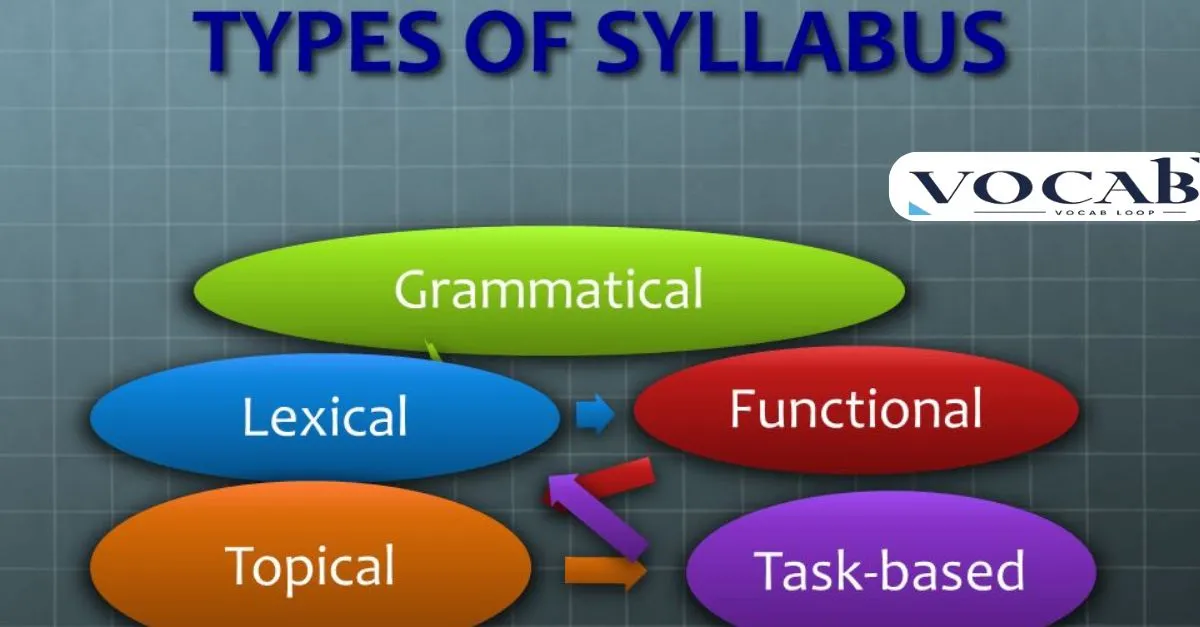
Grammatical Syllabus:
Organizes course content around grammar structures and patterns, teaching language systematically from simple to complex forms.
Lexical Syllabus:
Centers on vocabulary and word patterns, focusing on high-frequency words and collocations that learners need for effective communication.
Functional Syllabus:
Structures learning around language functions (like requesting, apologizing, or suggesting), emphasizing practical communication skills.
Topical Syllabus:
Arranges content by themes or topics (such as food, travel, or business), allowing learners to develop language skills within specific contexts.
Task-based Syllabus:
Built around real-world tasks and problems students need to solve, encouraging active learning through practical application of language skills.
Understanding Syllabuses or Syllabi
The plural of “syllabus” can be either “syllabuses” or “syllabi,” and both are correct. “Syllabuses” follows standard English pluralization by adding “-es,” while “syllabi” reflects the Latin origin of the word. Both forms are widely accepted, though some prefer “syllabuses” to maintain consistency with English rules.
On the other hand, “syllabi” might feel more formal or academic. Ultimately, the choice depends on context and personal preference, as both are interchangeable in modern usage.
Syllabuses:
Definition
“Syllabuses” represents the standard English plural of “syllabus,” following the common pattern of adding -es to words ending in -us.
This form has gained widespread acceptance in modern academic circles and is often preferred in British English.
Meaning
When using “syllabuses,” educators refer to multiple course outlines or curriculum guides. This plural form emphasizes the document’s role in educational planning and course organization.
Usage
The term “syllabuses” appears frequently in academic contexts, particularly when discussing multiple course materials or comparing different educational materials across various subjects or departments.
Syllabi:
Definition
“Syllabi” represents the Latinized plural form of syllabus, following the pattern of Latin-derived words.
This version is particularly popular in American academic settings.
Meaning
The term “syllabi” carries the same meaning as “syllabuses” but often appears in more formal academic contexts. It encompasses multiple comprehensive course packets that outline various aspects of different courses.
Usage
“Syllabi” is commonly used when referring to multiple course outlines, especially in formal academic writing and institutional documentation. Professors often use this form when discussing their collection of course materials and learning guides.
Pronunciation of Syllabus
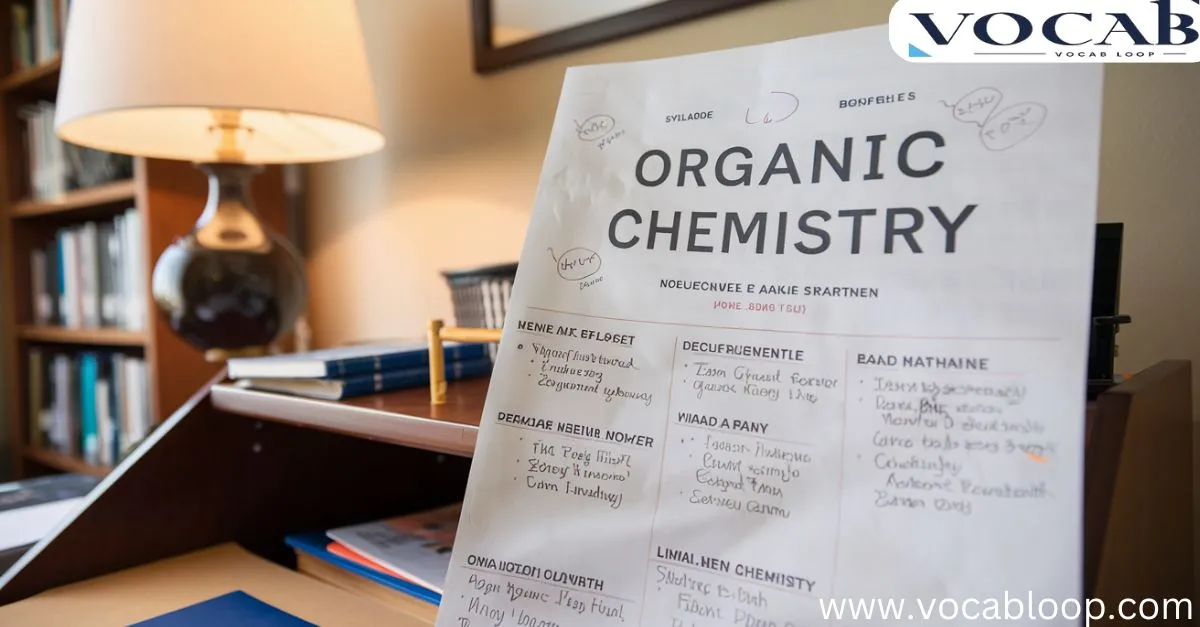
The word “syllabus” is pronounced as ‘SIL-uh-buhs’ in standard English. The stress falls on the first syllable, making it easy to remember. When using the plural forms, “syllabuses” is pronounced as ‘SIL-uh-buhs-ez’, while “syllabi” is pronounced as ‘SIL-uh-bye’.
Syllabus Parts of Speech
In English grammar, “syllabus” functions primarily as a noun. It can serve as both the subject and object in sentences. The word often appears with modifiers like “course syllabus,” “detailed syllabus,” or “comprehensive syllabus” to specify its particular use or nature.
Syllabus in UK and US English
British and American English treat the word similarly, though with slight variations in preference. In the UK, “syllabuses” tends to be more common, while US academic institutions often favor “syllabi.” Both regions use the word to describe course outlines and educational materials.
What is the Plural Form of Syllabus Oxford Dictionary?
The Oxford Dictionary recognizes both “syllabuses” and “syllabi” as valid plural forms. However, it lists “syllabuses” as the primary recommendation, following standard English pluralization patterns. This aligns with modern linguistic trends toward anglicized plurals.
How Do You Say Multiple Syllabuses?
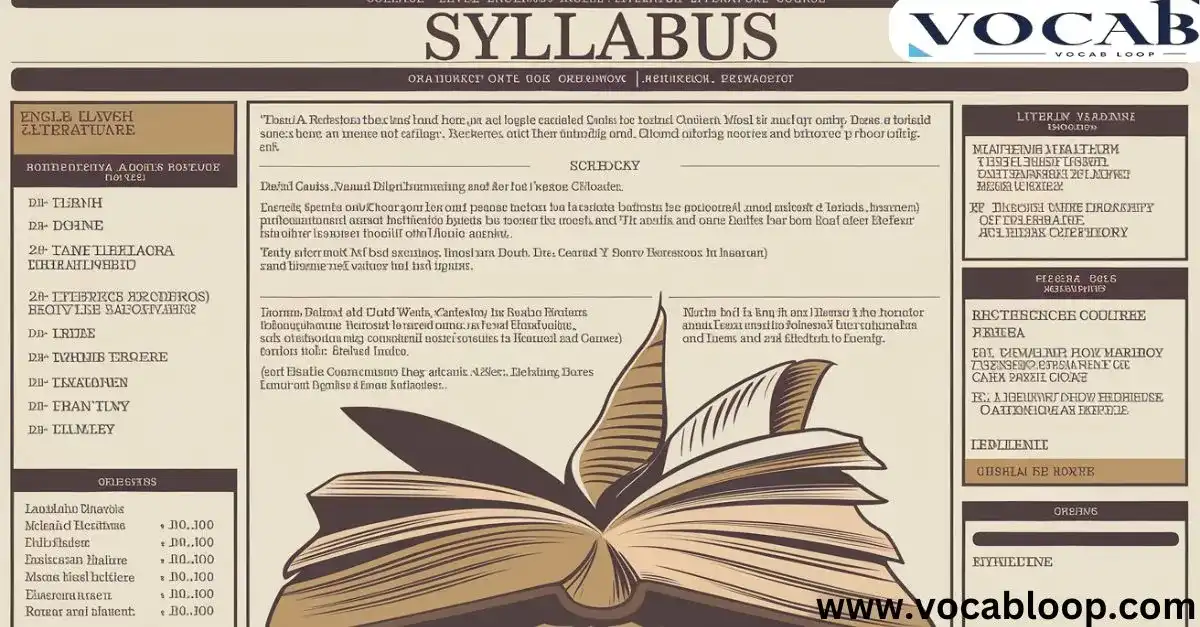
When referring to multiple syllabuses, either plural form of syllabus is acceptable. The choice often depends on the context and the speaker’s preference. In formal academic writing, “syllabi” might appear more frequently, while “syllabuses” is common in everyday conversation.
Side-by-Side Comparison Syllabuses or Syllabi
| Aspect | Syllabuses | Syllabi |
| Origin | English pluralization | Latin pluralization |
| Formality Level | Less formal | More formal |
| Common Usage | UK preference | US academic preference |
| Pronunciation | SIL-uh-buhs-ez | SIL-uh-bye |
Some Nouns Ending with ‘-us’ and Their Plurals
| Singular | English Plural | Latin Plural |
| Cactus | Cactuses | Cacti |
| Fungus | Funguses | Fungi |
| Campus | Campuses | Campi |
| Radius | Radiuses | Radii |
| Stimulus | Stimuluses | Stimuli |
| Focus | Focuses | Foci |
Origins of Syllabus
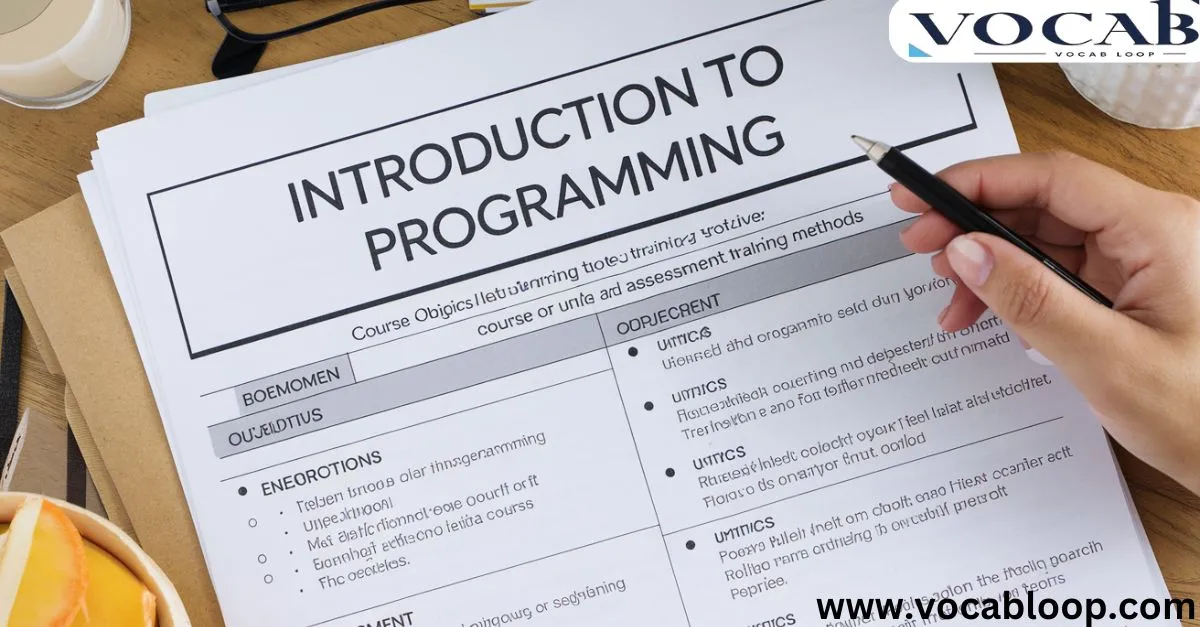
The word “syllabus” has an interesting etymology. It originated from a misreading of the Greek word “sittybas,” meaning a table of contents. The term entered academic usage in the 17th century and has since evolved to represent a comprehensive course outline.
Synonyms of Syllabus
Formal:
- Curriculum outline
- Course prospectus
- Academic program
- Course specification
- Educational framework
Informal (use with caution):
- Course plan
- Class guide
- Study plan
- Course roadmap
- Class outline
Everyday Usage Examples
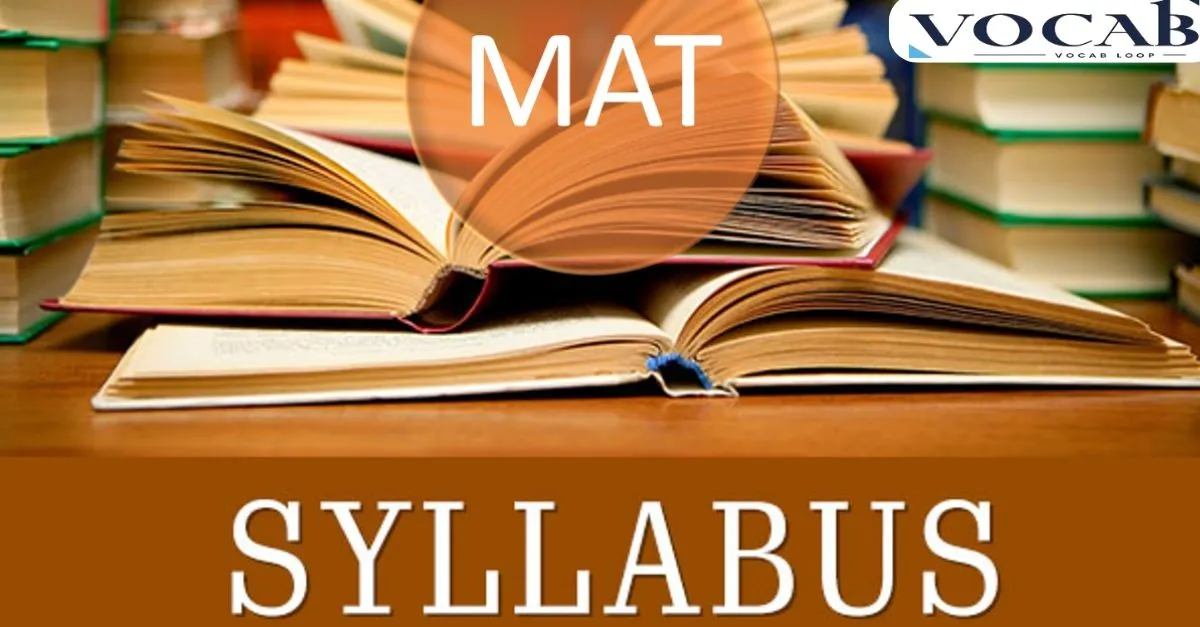
Syllabus: (Singular Form)
- The course syllabus includes detailed learning objectives.
- Each student must review the syllabus for academic integrity guidelines.
- The professor posted the syllabus on the online portal.
- Your syllabus contains important information about grading policies.
- The comprehensive syllabus outlines all required readings.
- Please refer to your syllabus for attendance expectations.
- The syllabus serves as your guide throughout the semester.
- Your course schedule appears in the syllabus.
- The syllabus explains all assessment criteria.
- A well-designed syllabus helps students succeed.
Syllabuses: (Plural Form)
- The department reviewed all syllabuses for consistency.
- Students received syllabuses for their five courses.
- Modern syllabuses often include online learning components.
- The committee approved the new syllabuses.
- These syllabuses contain detailed course materials.
- Effective syllabuses clearly state learning outcomes.
- The syllabuses were distributed during orientation.
- All syllabuses must include academic integrity statements.
- The professors updated their syllabuses for online learning.
- Quality syllabuses help students manage their time.
Syllabi: (Plural Form)
- The university maintains digital copies of all syllabi.
- Professors submitted their syllabi before the semester began.
- The syllabi outlined various teaching objectives.
- Students can access their syllabi through the portal.
- Department heads review syllabi annually.
- The syllabi included detailed course schedules.
- Electronic syllabi make updates easier.
- All syllabi must follow the university template.
- The committee evaluated teaching methods across syllabi.
- Standardized syllabi ensure consistent education.
FAQs
Which is more correct: syllabi or syllabuses?
Both are correct, with syllabuses being the standard English form and syllabi being the Latin-derived form.
When should I use syllabi instead of syllabuses?
Either is acceptable, but syllabi is more common in formal academic settings, especially in the US.
Why do some words ending in -us have different plural forms?
It depends on their etymology and how they’ve been adopted into English usage over time.
Is the pronunciation different for syllabi and syllabuses?
Yes, syllabi is pronounced as ‘SIL-uh-bye’ while syllabuses is ‘SIL-uh-buhs-ez’.
Do British and American English use different forms?
British English tends to favor syllabuses, while American English commonly uses both forms.
Conclusion
The debate between “syllabuses” and “syllabi” reflects the evolving nature of language. Both forms are correct and widely accepted in academic settings. While “syllabuses” follows standard English pluralization and might be more appropriate in general usage, “syllabi” remains popular in academic circles, particularly in the United States.
The choice often depends on your audience, context, and personal preference. What matters most is consistency within your writing and clear communication of the course materials and learning objectives contained within these important academic documents.

Alex Hormozi is a seasoned blogger at Vocab Loop, known for his deep insights into language, vocabulary, and grammar. With years of experience in writing, Alex shares practical tips and effective strategies to help readers improve their linguistic skills and enhance their writing abilities.

